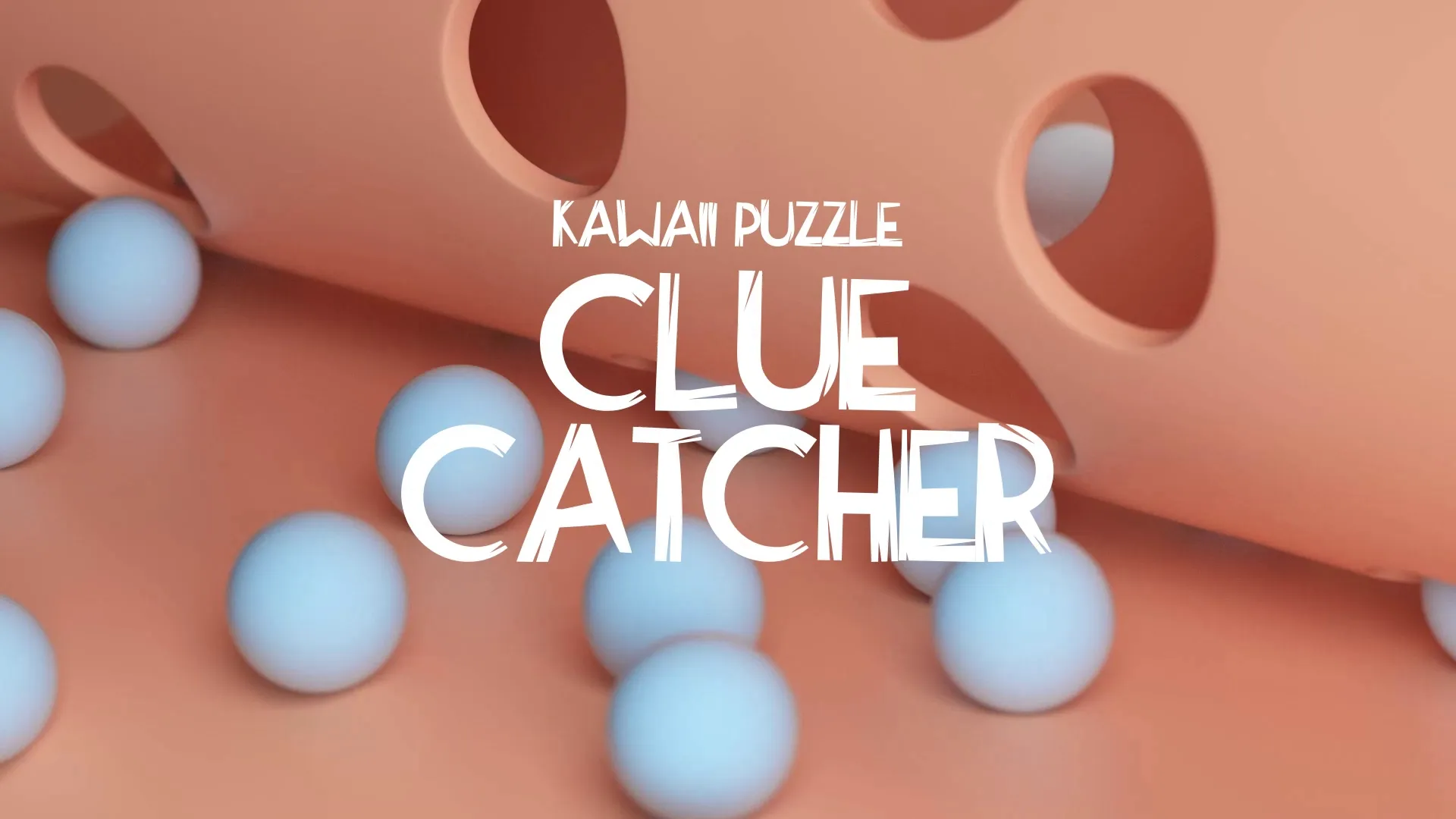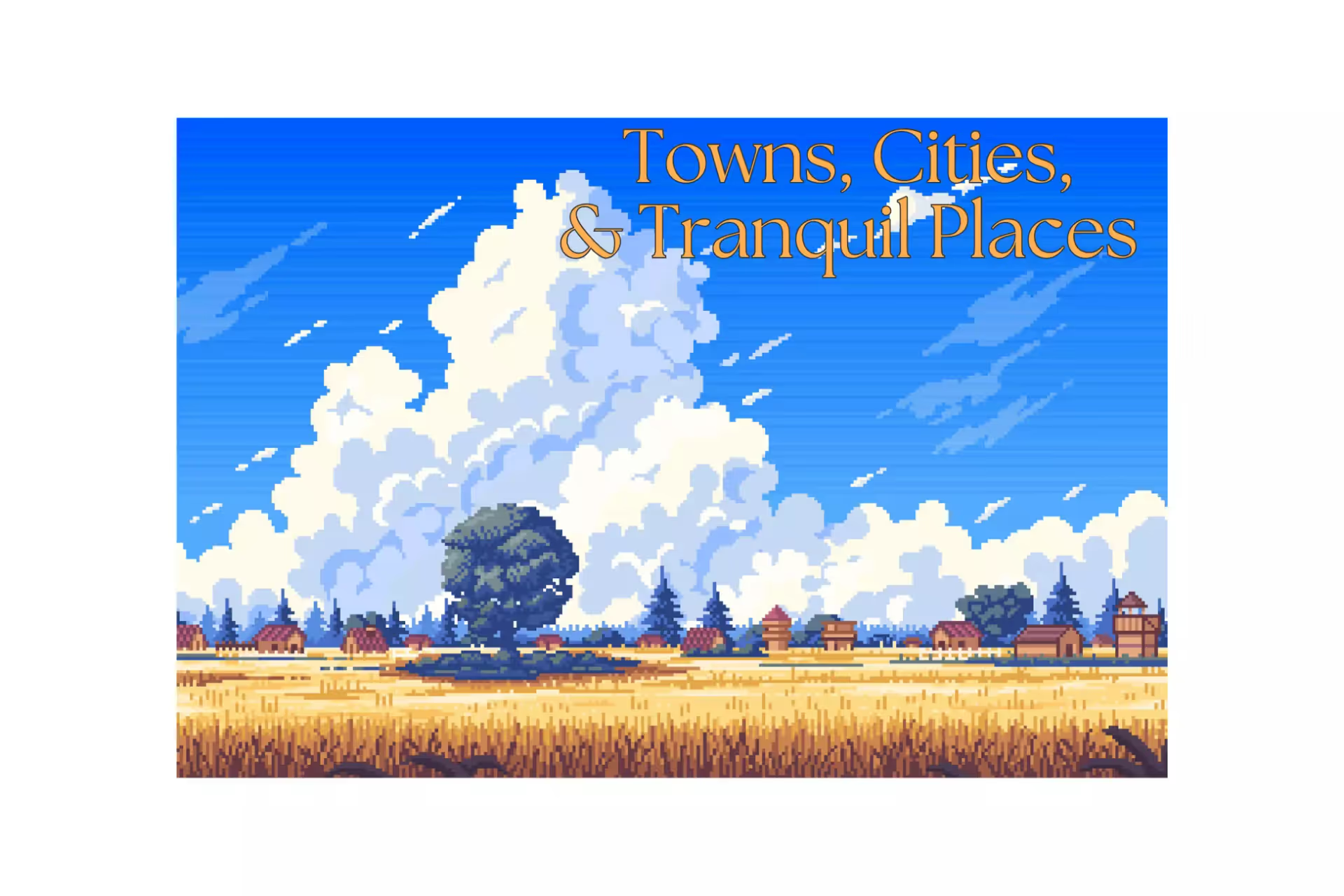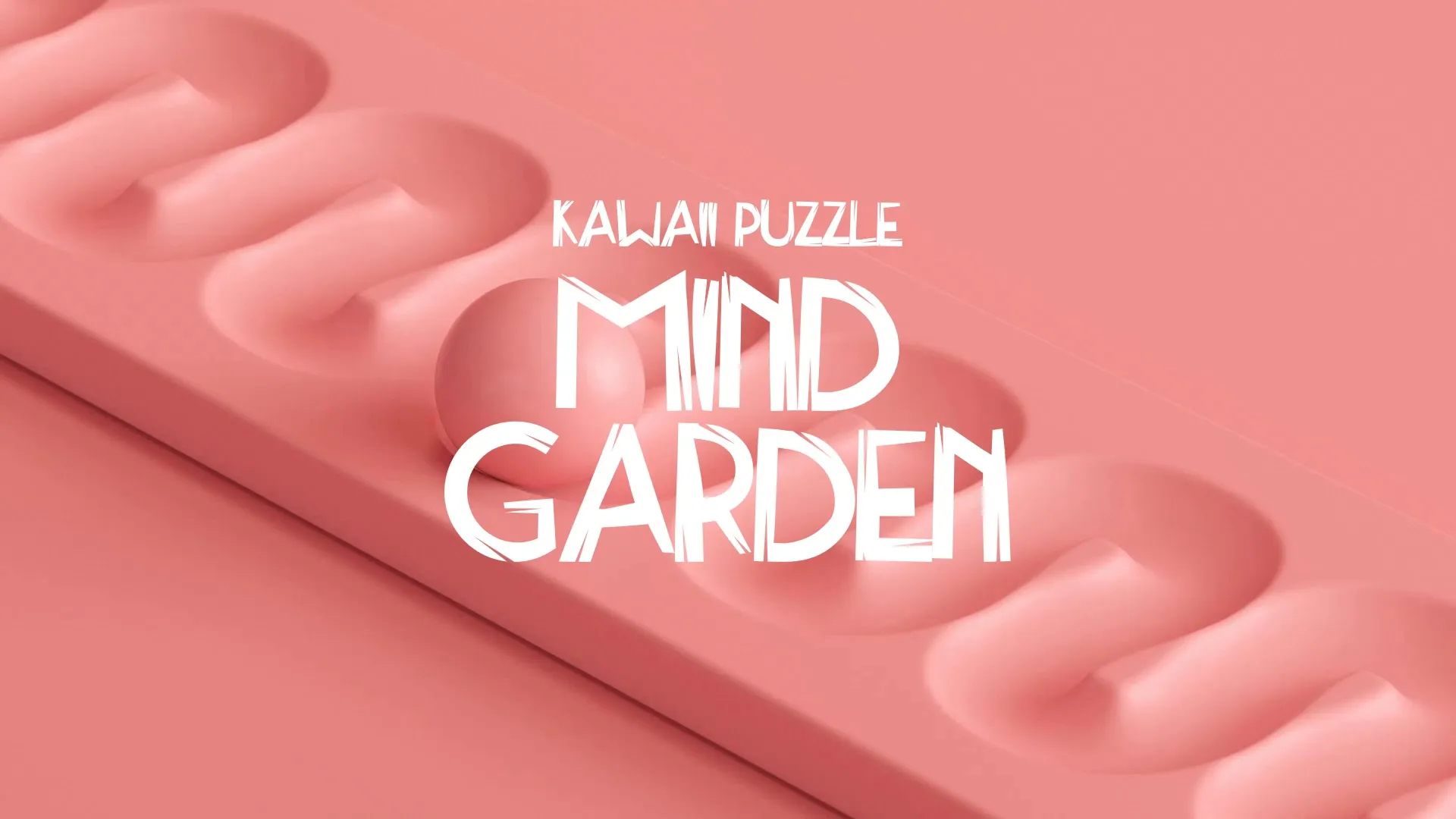Game Design Concept Development: Brainstorm Unique Game Mechanics with AI
Game design concept development is the bedrock of any successful game. For indie developers, generating truly unique game mechanics can be a challenge, often limited by time and creative bandwidth. Artificial intelligence now offers powerful tools to supercharge this ideation process.
Traditional brainstorming methods are valuable, but AI can expand the scope of your initial ideas significantly. It’s not about replacing human creativity, but augmenting it to discover possibilities you might otherwise miss.
Leveraging AI for Core Mechanic Generation
Start by feeding AI prompts that define your game’s genre, core theme, and desired player experience. For instance, instead of asking for ‘game ideas,’ specify ‘unique combat mechanics for a narrative-driven space exploration RPG where environmental interaction is key.’ The more specific your input, the more tailored the output.
Iterate on these prompts, refining your requests based on initial AI responses. If an AI suggests a gravity-manipulation mechanic, ask it to elaborate on specific player abilities or environmental puzzles derived from that concept. This iterative dialogue helps in game idea prototyping methods, moving from broad strokes to detailed mechanics quickly.
Consider using tools like Wayline’s Ignite to generate endless game ideas and mechanics. These platforms are designed to kickstart your creative process with tailored suggestions.
Refining Concepts and Adding Depth
Once you have a few promising mechanic concepts, use AI to explore their potential variations and interactions. Ask the AI to brainstorm how a ‘time-rewind’ mechanic could affect enemy AI, puzzle design, or multiplayer dynamics. This pushes beyond surface-level ideas into deeper design considerations.
AI can also help in identifying potential synergies between disparate mechanics. Provide it with two seemingly unrelated mechanics – for example, ‘procedural crafting’ and ‘rhythm-based combat’ – and ask for ways they could integrate into a cohesive system. This approach fosters truly unique game mechanics.
Remember that AI is a suggestion engine; your role is to curate and refine. Evaluate each idea for feasibility, originality, and alignment with your game’s vision. Not every AI suggestion will be a winner, but the sheer volume can spark unexpected connections.
Avoiding Common Pitfalls
Over-reliance on Generic Ideas: A common pitfall is accepting the first few AI suggestions without further prompting or refinement. AI can generate generic concepts if not guided properly. Always push for novelty and specificity through detailed follow-up questions.
Generating Unfeasible Mechanics: AI doesn’t inherently understand game engine limitations or development costs. It might suggest mechanics that are technically complex or require an unrealistic budget. Always filter AI outputs through a lens of practical implementation. Before committing to an idea, consider your chosen engine. For example, understanding the strengths and weaknesses of different platforms, as discussed in ‘Unity vs. Unreal vs. Godot: Choosing Your Engine in 2025,’ can inform your feasibility assessment.
Lack of Human Touch: While AI is excellent for brainstorming, the emotional core and unique voice of your game must come from you. Use AI to generate the ‘what,’ but focus your human creativity on the ‘why’ and ‘how it feels.’ The best practices game ideation blend AI efficiency with human narrative and experiential design.
Practical AI Prompting Strategies
- Constraint-based prompting: ‘Generate five unique movement mechanics for a stealth game where the player cannot jump.’ Constraints often lead to more creative solutions.
- Adjective-driven prompting: ‘Brainstorm combat mechanics that feel ‘fluid,’ ‘impactful,’ and ‘tactical’ for a fantasy RPG.’ Descriptive words guide AI towards desired experiences.
- Cross-genre inspiration: ‘Suggest resource management mechanics inspired by city-builders for a horror survival game.’ Blending genres can yield truly innovative ideas.
By systematically using these best practices, you can transform AI from a simple idea generator into a sophisticated creative partner. It streamlines the initial conceptual phase, allowing you to quickly iterate and identify promising avenues for your game.
Conclusion
AI offers an unprecedented opportunity to accelerate game design concept development and brainstorm unique game mechanics. By employing smart prompting strategies and critically evaluating outputs, indie developers can significantly enhance their ideation process. Integrate AI tools into your workflow to discover novel concepts and refine your game idea prototyping methods, ultimately building more innovative and engaging games. Embrace AI as a co-creator, not a replacement, and unlock new levels of creative potential for your next project.
Create a free account, or log in.
Gain access to free articles, game development tools, and game assets.























